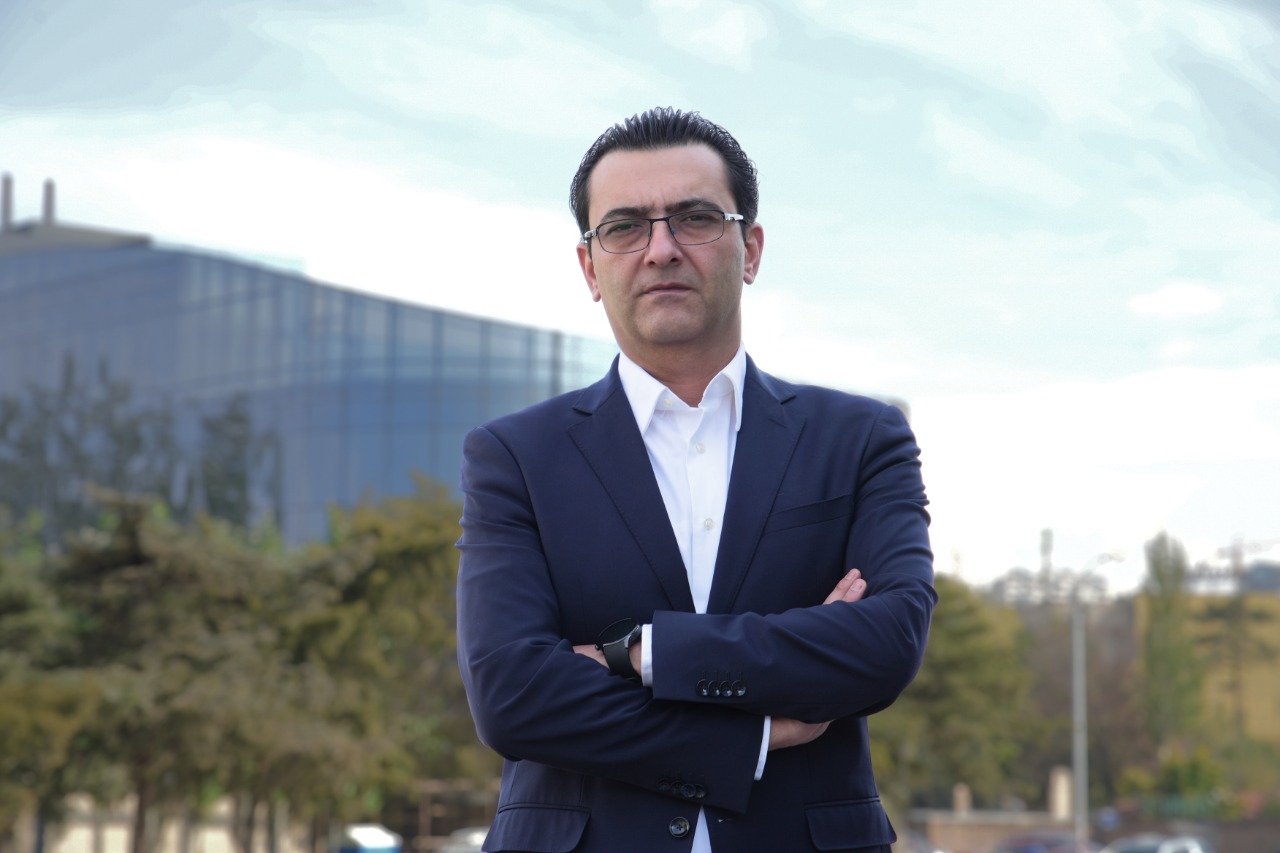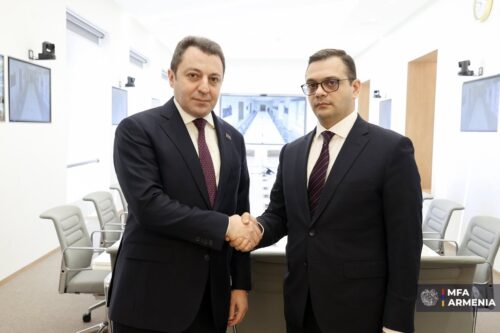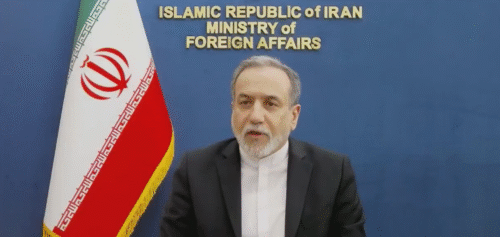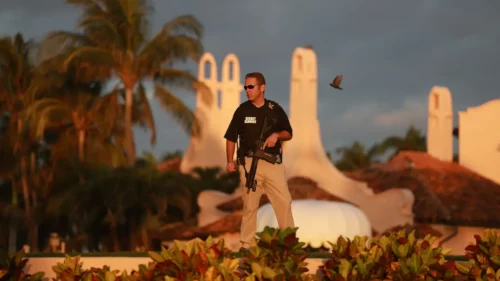
Abraham Gasparyan: When the tyrant of the ‘Fourth Republic’ deliberately disrespects national memory
Abraham Gasparyan, director of the Genesis Armenia Think Tank/Foundation, made a post on Facebook, addressing Azerbaijani President Ilham Aliyev’s statement claiming Lake Sevan as Azerbaijani territory. The full text of his post is presented below:
“The moment the speaker of the Armenian National Assembly, their leadership, deputies, or the mouthpieces of the government’s propaganda machine begin discussing historical-political topics, or claim that Lake Sevan or Armenian place names are ‘Azerbaijani’ using the same vocabulary, mindset, and narrative as Azerbaijan’s president, we are already stepping into the machine of self-destruction.
Azerbaijan will never tolerate the existence of a sovereign and independent Armenian state in the South Caucasus. For them, this is a strategic plan, regardless of its absurdity or the dangers of self-destructive ideas. The government’s latest pseudo-scientific statements and distorted reasoning are not merely linguistic or historical errors.
This is a deliberate, calculated, and directed political technology aimed at erasing the historical memory of the Armenian people and assigning the identity of Armenian territories to external claimants. This is exactly how all colonial powers in history operated—changing native place names, erasing cultural layers, and eliminating heritage. Artsakh is a testimony to this.
Armenian place names have millennia-deep roots, formed during the Urartian, pre-Hellenic, and medieval periods, preserving layers of linguistic, geographical, and spiritual meaning. Turkic tribes, when invading our lands in the 11th–14th centuries, systematically altered place names in an attempt to erase traces of Armenian identity. However, these changes never erased the original names, geographic memory, cultural heritage, or civilizational influence.
International law and historical scholarship clearly establish that no occupying power can appropriate the identity of another state’s territory based on a ‘new name.’ UNESCO and the International Court of Justice have repeatedly emphasized that distorting cultural heritage constitutes a form of cultural genocide. Examples from international experience abound: after Turkey’s 1974 invasion of Cyprus, authorities in Northern Cyprus changed more than 3,000 Greek place names. Yet the international community has never recognized these new names. UN and EU documents continue to use the original Greek names based on legal and historical grounds. Similarly, many place names in Greece were distorted during the Roman and Ottoman periods. In the early 20th century, the Greek state launched a national-level restoration program, returning over 1,500 historical names as an act of reclaiming national memory.
Nations that protect their place names protect their historic territories and identities. Conversely, those who abandon their place names also abandon their history and territory. The manipulative thesis of appeasing Azerbaijan or ‘not torpedoing’ unrealistic peace processes has long been buried. Once again, the Armenian authorities have crossed the red line of self-humiliation, violating the historical memory of the nation and the state. Stay strong!”


